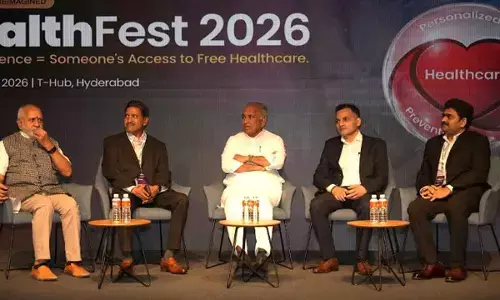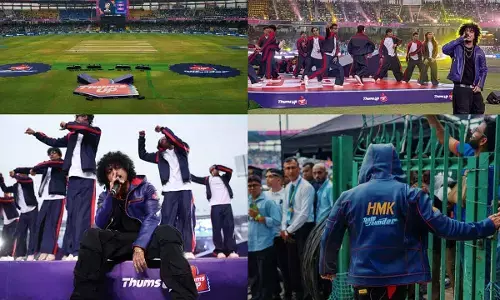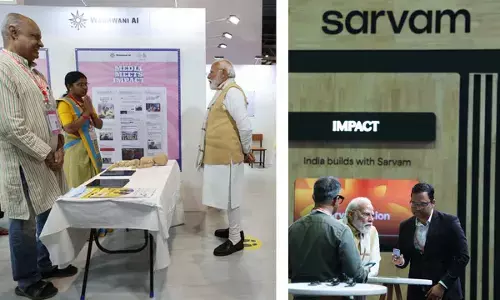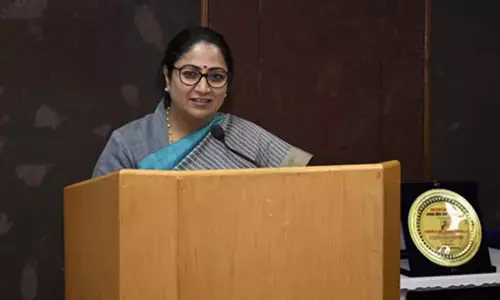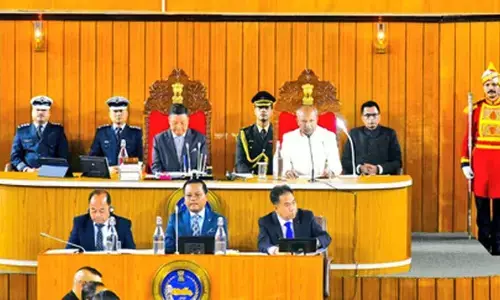World Hepatitis Day: Beware of viral hepatitis in monsoon months, say experts
Share :
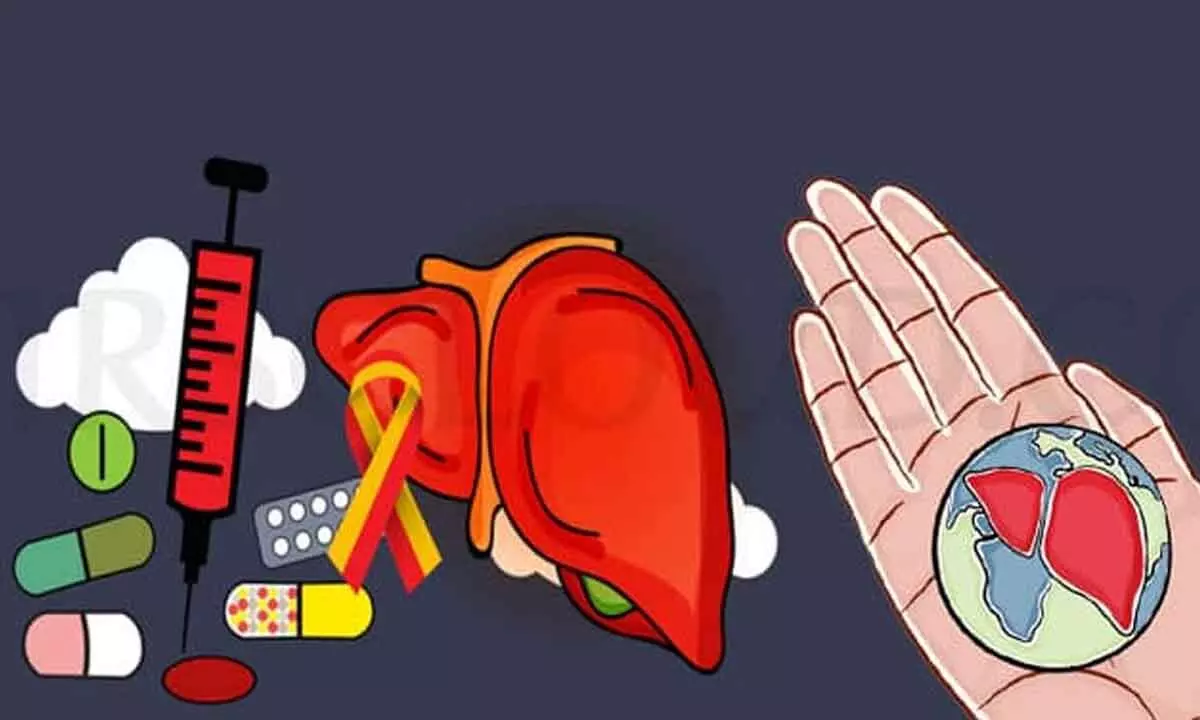
World Hepatitis Day is observed on July 28 every year. Hepatitis is the most common problem affecting the liver and the day is observed to create awareness among people about the disease which can result in liver failure and even death.
World Hepatitis Day is observed on July 28 every year. Hepatitis is the most common problem affecting the liver and the day is observed to create awareness among people about the disease which can result in liver failure and even death.
Dr Sandeep R Sharma, Consultant -Interventional and medical gastroenterology, Fortis Hospital, Nagarbhavi states, There are various causes for hepatitis including infections, mostly viral, alcohol, metabolic disorders and in some cases even autoimmunity.
Viral hepatitis such as hepatitis A and E can be more common during the monsoon months in Bengaluru. Each case of hepatitis needs thorough evaluation to establish its etiology and to reliably achieve targeted therapy. Certain causes may lead to long standing or chronic hepatitis, which need periodic monitoring and treatment. It is advised not to neglect any kind of hepatitis and stay away from complementary/alternative medicines which can further harm liver health and worsen the hepatitis, sometimes leading to liver failure and even death.
Dr. Chandrika Kambam, Medical Director, Even Healthcare, stated, “In Karnataka, around 10,000 cases are reported annually. In a study conducted in central Karnataka, hepatitis B was present in 2.12 per cent of people who came to donate blood, and it was discovered for the first time.
"What is even more shocking is reading about the study done among healthcare workers in coastal Karnataka, where they found 16 per cent of the participants, mostly nurses and housekeeping workers, were unvaccinated. It is very important for us to spread awareness about the disease, the way it spreads, and precautions we can take. Most importantly, we should vaccinate the high-risk population against Hepatitis B and ensure Hepatitis B and A become part of childhood immunization.”
In India, the incidence ranges widely from the general population to high-risk groups. Hepatitis A was found to range from 2.1 per cent to 52.5 per cent. Hepatitis B was found in a wide range of individuals, ranging from 0.87 per cent to 21.4 per cent of the population.
Hepatitis C was found to range from 0.57 per cent to 53.7 per cent, Dr. Chandrika explains.
Dr. Basant Mahadevappa, HPB and Liver Transplant Surgeon, HCG Cancer Hospital, Bengaluru, said "World Hepatitis Day is an annual global event observed on July 28, uniting people around the world to raise awareness about viral hepatitis and its impact on public health. The theme for this year's World Hepatitis Day is "We're not waiting", which serves as a rallying call for everyone to take immediate action in the battle against viral hepatitis.
"This powerful theme emphasizes the urgency of taking action and collectively working towards eliminating hepatitis as a public health threat. Through this theme, individuals, communities, and organizations are encouraged to be proactive in their efforts to prevent new infections, increase testing and diagnosis, and ensure access to life-saving treatments for those affected by hepatitis. Screening at risk population, expecting mothers, early newborn vaccination are vital in preventing long term complications. Together, we can accelerate progress towards a world free from the burden of viral hepatitis.”
Dr. Swathi G, Consultant - Medical Gastroenterology, CARE Hospitals, Hi-Tec City, Hyderabad, Hepatitis, explained that the disease is a stealthy intruder into the liver, conceals its presence with deceptive subtlety, posing a significant threat to public health in India.
Understanding its symptoms and ensuring timely treatment is crucial to combat this silent enemy and pave the way towards a healthier nation. Fatigue, jaundice, loss of appetite, dark urine, and abdominal pain are among the tell-tale signs that must not be overlooked.
In some instances, acute hepatitis may transition into a chronic condition, laying the foundation for long-term liver damage, says Dr.Swathi.
To conquer this silent foe, a comprehensive approach is needed. Raising awareness about hepatitis symptoms, transmission, and prevention through educational campaigns can empower communities to take proactive measures. Expanding healthcare infrastructure to increase access to testing and treatment is imperative, along with driving down the costs of medications to ensure affordability for all. In the journey towards combating hepatitis in India, early detection, prompt treatment, and a united effort are the keys to unlocking a future where the liver's resilience remains intact, and the nation stands fortified against this stealthy adversary, she says.

